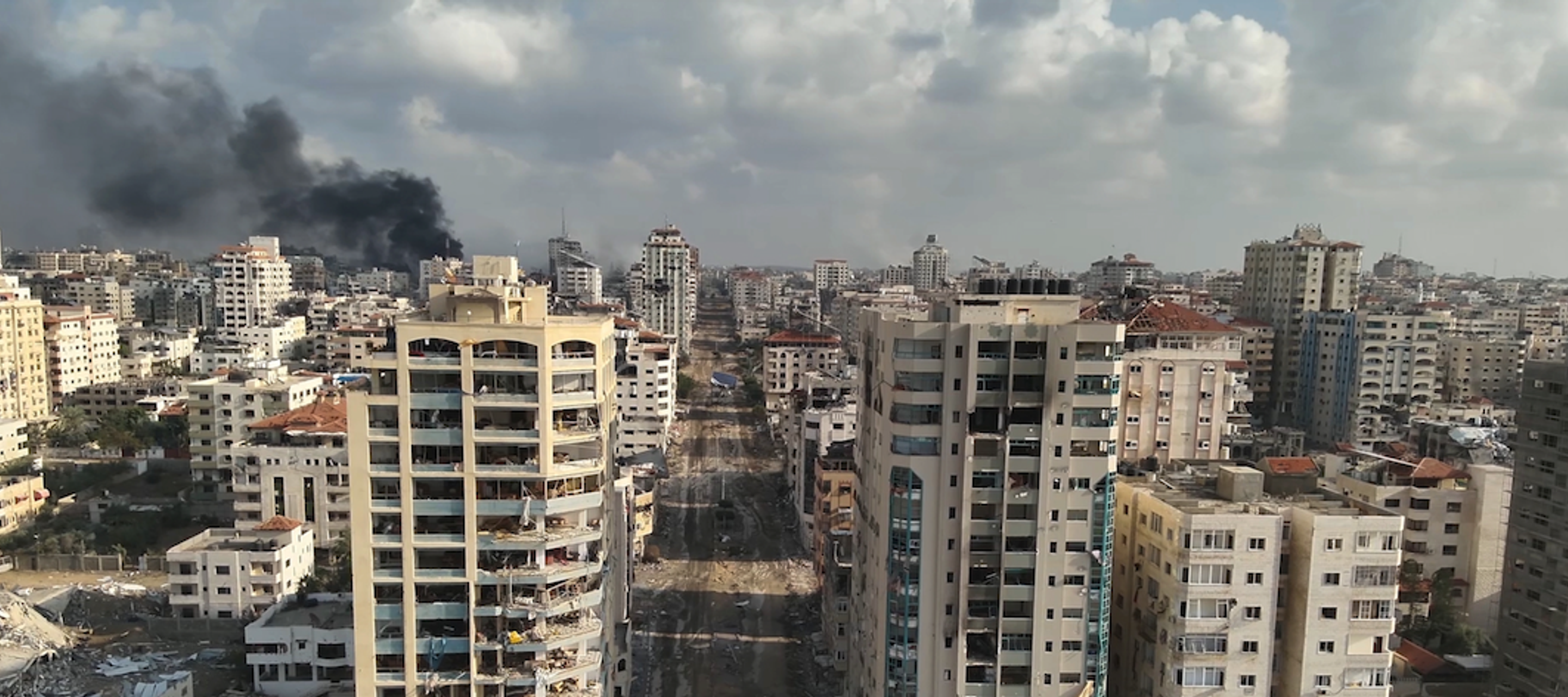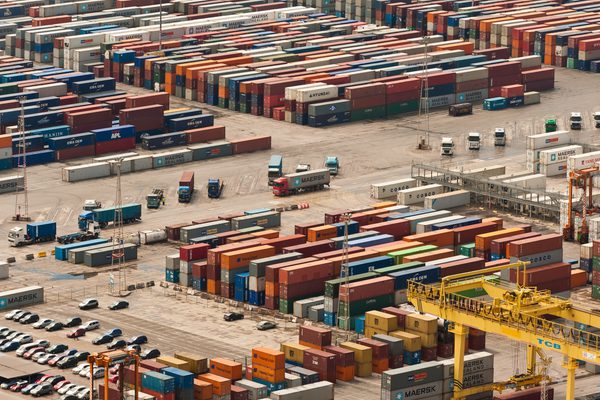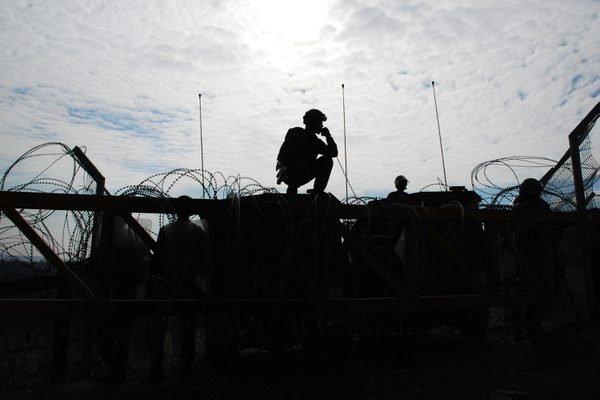Embed responsible business to help manage conflict and climate risks in the GCC
18 July 2025 | 3 mins

Despite relative success by the Gulf Cooperation Council (GCC) in achieving a reputation as a safe haven within the wider Middle East region, recent tensions such as the escalating Israel-Iran conflict have highlighted underlying fragility.
A more unstable and unpredictable global landscape requires companies to proactively look for and respond to existing and emerging risks. For companies operating in the GCC this is multi-layered: existing risks such as the impact of climate change entail long-term strategies, whereas emerging risks as in the case of the Israel-Iran conflict call for short-term contingency planning. However both natural and geopolitical challenges require companies to invest time and resources into understanding their operating environment in depth and accounting for the human impact in their own workforces and the wider community in which they exist. How they do this in the days and weeks ahead, as today’s unfolding conflicts threaten stability, will be even more important.
Understanding geopolitical risks within the context of economic diversification and the green transition
Across the GCC, economic diversification and green transition plans hinge on maintaining a perception of national and regional stability that favours high investor confidence and attracts a steady stream of foreign workers and tourists. The recent war between Israel and Iran shows how quickly such efforts can be undermined by tensions in the wider region. The decision by the Iranian government to attack US army base Al Udeid in Qatar in response to US cooperation with Israel in attacks on Iranian nuclear sites, led to airspace across both the UAE and Qatar being temporarily closed.
Ensuring that Gulf countries are safe havens has been a foreign policy priority for each of the six countries over recent decades. One component of this approach has been diversifying global alliances, with GCC government representatives increasingly becoming involved in multilateral institutions, and betting on collaboration by reshaping long standing rivalries and adversaries. Two prominent examples of this are the UAE’s normalization of relations with Israel in the US-brokered Abraham Accords in 2020, and the Iran-Saudi Arabia rapprochement in 2023.
Another risk of instability in the GCC relates to the impact of conflict on oil prices. Although a spillover of conflicts is considered less likely given Iran’s secure relationships with Gulf powers including Qatar and Saudi Arabia, as well as the weakening of its proxies across the region, economic shocks as a result of regional conflict remain likely. While initial drops in supply as a result of tensions can result in price surges, lower oil prices may also be a result of ongoing conflict. This could mean that GCC countries would have less resources available to fund their ambitious green transition and economic diversification projects detailed in their respective national visions.
The impact of risk on business operations
The consequences of these risks, be it economic shocks or temporary changes in global perception of the Gulf region, can have real effects on business operation in the short and long-term. Examples may include supply chain disruptions, lowered investor confidence, and a reluctance for people to travel to the region. As political climates shift and geopolitical developments play out, companies working in the GCC have even greater incentive to work together, and with partners from international organisations and civil society, to ensure they are more resilient and adaptable to fast changing realities on the ground.
Companies working in the GCC as elsewhere should be guided by existing international frameworks such as the OECD Guidelines for Multinational Enterprises and the UN Guiding Principles on Business and Human Rights. As well as accounting for both environmental sustainability and human rights due diligence, such approaches call on companies to be reflective of and responsive to the contexts in which they operate. For the GCC, this means complimenting geopolitical risk understanding with other considerations, including those related to responses to climate change as well as steps to strengthen social performance and positive community development. Not only is the sub-region set to be disproportionately impacted by rising temperatures and water scarcity, it is in close proximity to regional tensions that can be further exacerbated by natural disasters and other climate related events.
To effectively tackle such issues, platforms that offer businesses a space to engage with each other and collectively brainstorm solutions are essential. Gulf Sustain provides opportunities for dialogue and joint action across the region to tackle contemporary challenges including climate and conflict risk. As well as existing global frameworks, Gulf Sustain builds on the Institute for Human Rights and Business’ previous engagement on these issues including recent work on responsible business in uncertain times.
Companies that embed responsible business as a core principle of their strategies are effectively hedging against potential geopolitical risk, and protecting themselves against the external realities that dictate the outcomes of internal operations.
For more insights, and to learn more about Gulf Sustain's work to promote worker welfare in GCC countries' economic diversification and green transition processes, subscribe to this newsletter.




